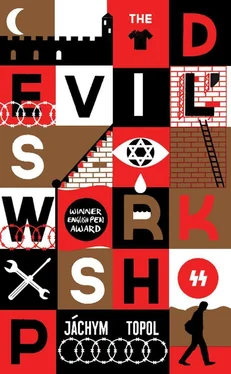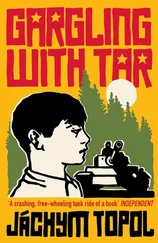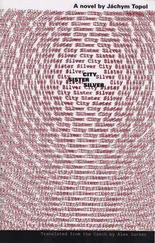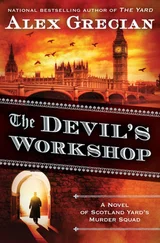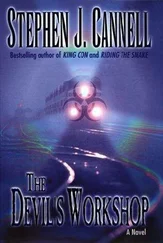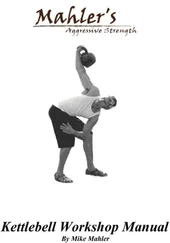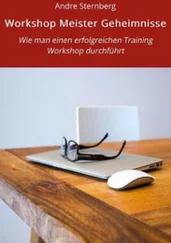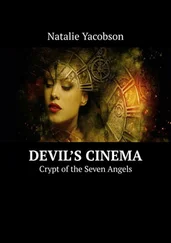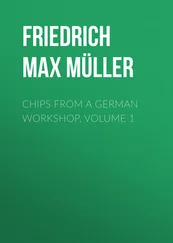You don’t look Jewish or anything, though. Good thing you’re blonde, I said. And they thought I was a tourist, ha ha ha! I thought it was hilarious.
I think I’m going to puke, Sara announced, stretching out on the bed and staring up at the ceiling.
You know, she said after a while, we look the same. Two legs, two arms, a freckle or two, we both get by in English, but it’s actually an illusion! Culturally we’re totally different! I mean, I’m completely untouched by communism, but you’re up to your neck in filth! And you don’t even know it. Your goats are dropping turds on a sacred memorial site and you don’t even realize it, none of you here in Eastern Europe realize how screwed-up you are still.
Now that got me mad, she should’ve left my goats out of it. Here I am slogging around Prague with her while my flock might be thinning out again, Bojek wasn’t keeping an eye on it, that’s for sure.
Hey, I heard you guys have a pig farm on the site of a former Roma concentration camp. Is that true? Can you take me? Sara went off again, but I didn’t know the first thing about pigs. We never had them in Terezín.
Jesus Christ, Sara said, does that seem normal to you? A pig farm on a killing field?
She doesn’t like it when I shrug, but then again I don’t like it when she yells. Maybe I could put a pillow over her mouth. I tell her how Lebo came to have his name, she doesn’t breathe a word, and when I look closer I see she’s sobbing.
Jesus, I mean that midwife could’ve been my grandma.
That’s right, your grandma almost suffocated him! She was angry! Just like you!
Quiet, goat king, Sara croaked into her pillow. Shut it, shepherd!
All right, I said, I’ll be quiet. I was actually glad, because when Sara came to us, she was a shadow of a girl, and now, damn it, she was alive. She said she’d never slept with anyone as old as me before, but here it seemed totally normal, since everything was so twisted and bizarre. I told her it didn’t matter to me how old she was either. Nineteen? Twenty? Twenty-one? I really don’t care, I said, trying to soothe her.
But I don’t think you’re an idiot! Sara leans on her elbow, looking at me. I guess the cultural difference between us must be even deeper now.
We lay on our backs, heaps of Kafka T-shirts all over the floor, plus some bottles of wine and other stuff, Czech crystal, cups and saucers we painted with Greetings from Terezín! plus a few other souvenir items in bags, and Sara gave me a lecture on Eastern Europe. There were times when she just couldn’t hold back with that education of hers.
I was searching for the East, Eastern Europe, but, you see, going to Eastern Europe means you never stop looking for it. My relatives are from Slovakia, Sara said, taking a deep breath to tell me how waves of evil had washed her relatives to Terezín and beyond, which is more or less how all the stories of the bunk seekers began — whether they made their way to our fortress town by hitchhiking or climbed out of an air-conditioned tour bus to shuffle through the piles of rubble to us in our hovels and tour the town of death. Their ancestors always came from some history-crinkled eastern metropolis, blackness lurking down every alleyway. They pronounced the names of those places, villages, towns through tight lips, like they’d learned them in front of the mirror at home, after long hours of searching, as an icy terror crept into their hearts, pierced with dread. Tell me again what happened to my relatives? And how come my grandpa, dad, uncle, great-grandma … back in Prague, Brno, Ubľa, Kyiv, Drogobycz, Pińsko, Kraków … didn’t hightail it out of there to NYC in time? they asked themselves as they looked in the mirror, rehearsing the opening sentences they would use to gain admission to our space. I was familiar with the bunk seekers’ confessions: they’d learned them long ago, and many of them had undergone all sorts of therapy, until finally they ended up in therapy with us.
My grandpa’s from Košice, Sara said. All right, I thought. Slovakia’s got railways and mobile phones, I’ll start there. So I set out for Košice, and I took a look around there, at the stores and the cafés and the little shops on main street, and the waiting rooms at the station where it’s probably the same hard wooden seats as seventy years ago. I wanted to work out what Eastern Europe really was, since we may look the same but culturally we’re different. So where is the real East? I wondered. The Slovaks all told me I’d stopped too soon — Slovakia was Central Europe, not Eastern! Same as those stupid Czechs back there, sorry to say, not to mention the Hungarians, they aren’t even really in Europe. Wouldn’t go there if I were you, they won’t understand a word you say, they explained at the information window at Bratislava station. Yes, they took pity on me, and when I insisted, they admitted that the real Eastern Europe was actually not far from Slovakia — of course I’d have to make it past the wolves and bears of Subcarpathian Rus. Ah, the Carpathians, Sara said. So you look at the map and off you go. But then the people in Subcarpathian Rus get mad when you ask if they’re in the East. That’s nonsense, they say, and send you packing to the real East, to Galicia! But the locals there, like all the Poles, say, This is Europe, not Eastern. This is the centre of Central Europe! And they wave their hand: You want the East? You’ve got to go to Ukraine, that’s a fair way away. And they spit, bitterly and knowingly. Listen here, the East is poor and broken! People from the East go to the West to work, not the other way round! Sara said, spitting too. The Ukrainians send you farther still, to Russia. But the Russians don’t think they’re the East, to them that’s an insult, seeing as they’re the centre of the entire civilized world, though they do allow that the true East might be in Siberia, right. So I travel all the way through Siberia, thousands of kilometres on the Trans-Siberian Railway, and at the end station, in Vladivostok, I climb out, all broken-boned, and the locals there tell me, East, young lady, are you crazy? Why, this is the West, the honest-to-God end of the West, this is the end of Europe!
Amazing, Sara! You’re a real world traveller. I’ve never been anywhere.
I didn’t mention that I’d lived in Prague for years, but only in prison, or what I did there. She wouldn’t have understood, and probably wouldn’t have believed me.
Vladivostok, hm. So you go and buy yourself something to eat, some vodka, of course, and walk out to the edge of town. There’s a bench, so you sit and look at the water — there it is, the end of the road: the Sea of Japan. So there is no Eastern Europe actually.
You’re right about that, Sara!
I still thank God, or whoever, that I was born in the West.
Yeah?
Most of my relatives got killed in Terezín, but my dad made it out to Sweden with the other Slovakian Jewish kids, on the Red Cross transport, like I told you before. He grew up normally. The movies were the only place he ever saw Nazis and Commies. Just like me.
Right!
So the cultural difference between you and me comes from dozens of years of terror, oppression and humiliation. That’s what makes you guys different! And I don’t think that’s about to change anytime soon.
Oh no?
My dad was a smart little boy. Sara clapped her hands. He made it to Sweden, and that means I’m normal. I can finish university, I’ve got a passport that’s good wherever I go, no debt. Eventually I’d like a kid or two, a man, a house, all of that.
Hm!
They stuck them on a train in Prague with signs around their necks, and off to Sweden you go! Did you know that Sweden was neutral during the war?
No. What does that mean?
Читать дальше
